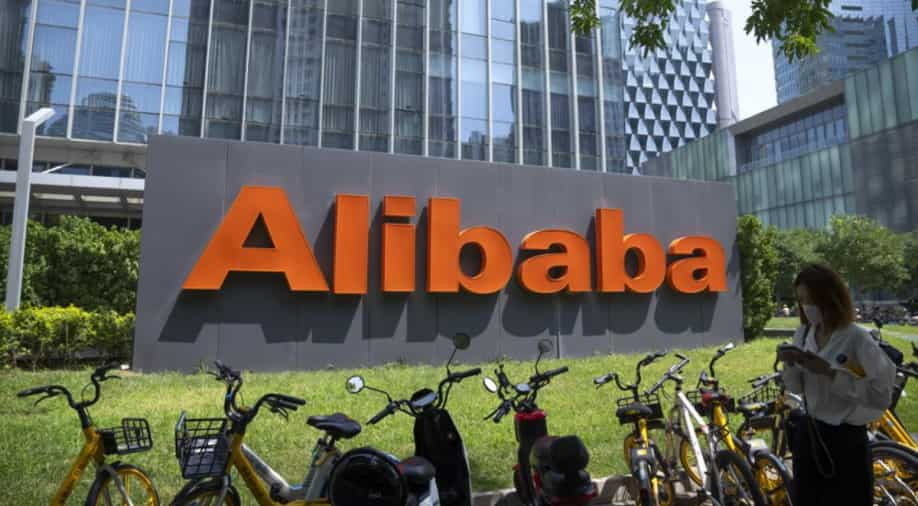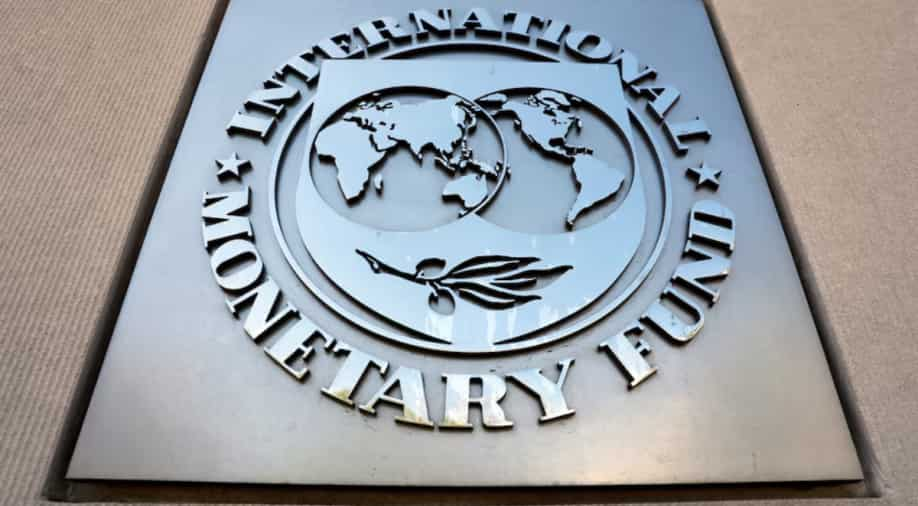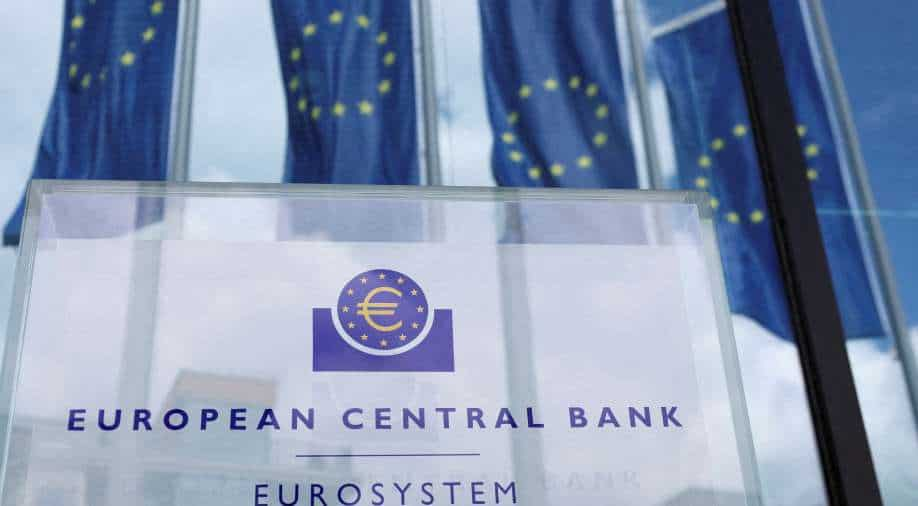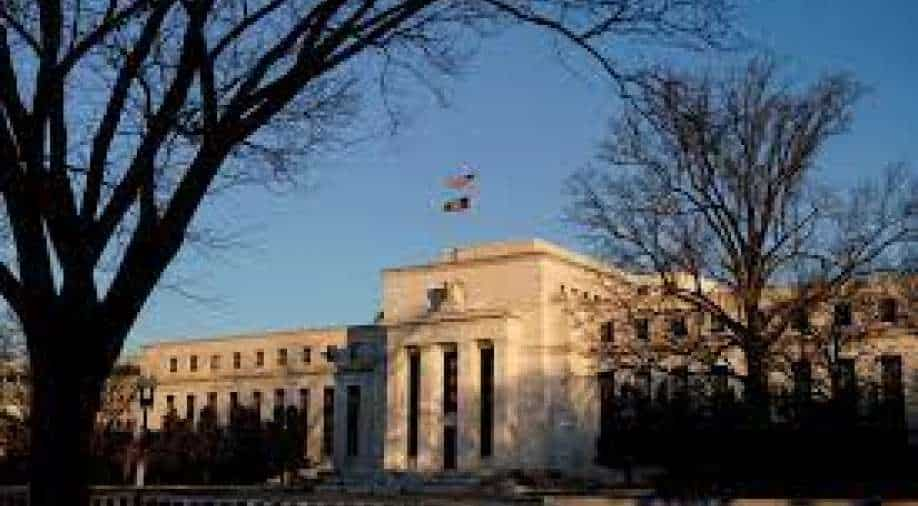In the Budget 2024, Indian Finance Minister Nirmala Sitharaman announced the removal of indexation in the sale of houses purchased in or before 2001 which left the real estate market in jeopardy For India's middle class, buying real estate properties has been the best investment so far, with 2013 marking 33 per cent YoY growth in the residential places sold and purchased. However, the real estate market has been left puzzled by Budget 2024. Purchasing a house is no longer being considered as the best investment by many people, amid revisions in taxes on capital gains and removal of indexation benefits on unlisted capital assets, which includes properties. Let us first understand what indexation was and how it played a crucial role in the sale of properties. The house owners till now had the provision of reducing the taxes on the profit incurred from selling a house, depending on how long they had held the property in their possession. Using the indexation benefit, the house owners reduced the difference between the purchase and sale price with the inflation rate on which the tax was eventually calculated. This process drastically reduced the tax payable on the sale of property. If the inflation was higher in comparison to the property price, the taxpayers were able to claim capital loss and save taxes on other capital gains made in that financial year. When house owners were free to use indexation benefits to reduce their taxable profit, the tax on long-term capital gains made from the property's sale stood at 20 per cent. Now, with the indexation benefit removed, the tax rate has been reduced to 12.5 per cent. However, experts believe that this is likely to give not much relief to house owners who are likely to pay more tax due to no indexation. It should be noted that the indexation benefit will not be given to the properties purchased in or after 2001. Also Read: Money-Wise: Here’s how TDS changes in Indian Budget 2024 will impact your salary, mutual fund investments According to analysts, this unexpected deletion of indexation benefits in the real estate business can lead to a higher frequency of secondary market real estate as house owners may turn reluctant towards holding onto their assets after three to five years. Speaking to WION, Goel Ganga Developments Director, Gunjan Goel said, "Without indexing, a long-term property holder is likely to face a considerably higher capital gain tax, which can deter buy-and-hold strategies that have long been a staple of real estate investment. This will, in great measure, raise house turnovers as investors attempt to circumvent the tax liability by as much as they can." "For detailed attention toward house prices, a short-term jump could be seen where sellers try to push their increased tax burden forward onto the pocketbooks of buyers. However, this upturn might soon fizzle out while the market adjusts to its new set of circumstances," she added. Explaining how the changes can bring volatility in the real estate market, Motia Group Director LC Mittal said, "The removal of indexation benefits from real estate will have a knock-on effect throughout an industry in which investment patterns may be altered and market behaviour changed. This may dampen long-term property holdings, as the tax advantages of those strategies are removed. We might increase short-term flipping activities or turn our attention to those areas with large potential for rapid appreciation." Watch: Budget 2024 highlights: Focus on taxes, jobs and consumer products "An immediate reaction to the house prices could be that people looking to sell will inflate prices in order to recapture or bridge their losses through the increased tax liability. However, over time, these effects get neutralized by the forces of the market. The big picture would be that due to such taxation, properties could witness some recalibration in valuations as investors revisit expectations and strategy. This may lead to more volatile price movements in the short run but potentially a more efficient and responsive market in the long run," he added. It should be noted that this can also encourage cash transactions in the sale and purchase of property. The house owners are now left with the only option of buying a property of the same or more price than the price of the house sold to save themselves from paying any LTCG tax. "Simply put, in case of property sale, indexation helps in adjusting its purchase price according to the prevailing inflation rate. High-value properties will be most impacted and we may see a reduction in demand for them. Potential buyers might hesitate due to the increased uncertainty about future price trends and this might cause sellers of high-value properties to adjust their pricing strategies," said Ashok Singh Jaunapuria, MD and CEO of SS Group while speaking to WION. Explaining the impact of the removal of indexation on the house owners, a chartered account shared an interesting anecdote on X. Today, an elderly person approached me for an IT filing. - Purchased a property in 2015 for ₹30,00,000 - Sold in 2023 for ₹53,40,000 Taxation for AY 2024-25: - Indexed Cost of Acquisition: ₹41,10,236 - Capital Gain: ₹53,40,000 - ₹41,10,236 = ₹12,29,763 - Tax on Capital… House owners can go for value-enhancing renovations, and it should warrant a higher selling price to recoup part, if not the whole, of the increased tax liability. Timing of sale is important too—sell strategically before new rules apply, when possible, to preserve existing tax advantages. Prisha is a digital journalist at WION and she majorly covers international politics. She loves to dive into features and explore different cultures and histories of None
Popular Tags:
Share This Post:

Alibaba claims its new AI translation tool outperforms Google and ChatGPT
October 17, 2024
Amazon goes nuclear: investing over $500 million to develop small modular reactors
October 17, 2024What’s New
Spotlight
New Zealand inflation declines to lowest rate since 2021
- by Sarkai Info
- October 16, 2024
Today’s Hot
Global public debt to pass $100tn this year: IMF Report
- By Sarkai Info
- October 16, 2024
Featured News
Latest From This Week
China's ministry of finance takes bold steps to address debt and revive economic growth
BUSINESS-ECONOMY
- by Sarkai Info
- October 15, 2024
Fed governor Waller emphasises caution in potential interest rate cuts
BUSINESS-ECONOMY
- by Sarkai Info
- October 15, 2024
World Bank reports that 26 poorest countries are in worst financial shape since 2006
BUSINESS-ECONOMY
- by Sarkai Info
- October 14, 2024
Subscribe To Our Newsletter
No spam, notifications only about new products, updates.




























